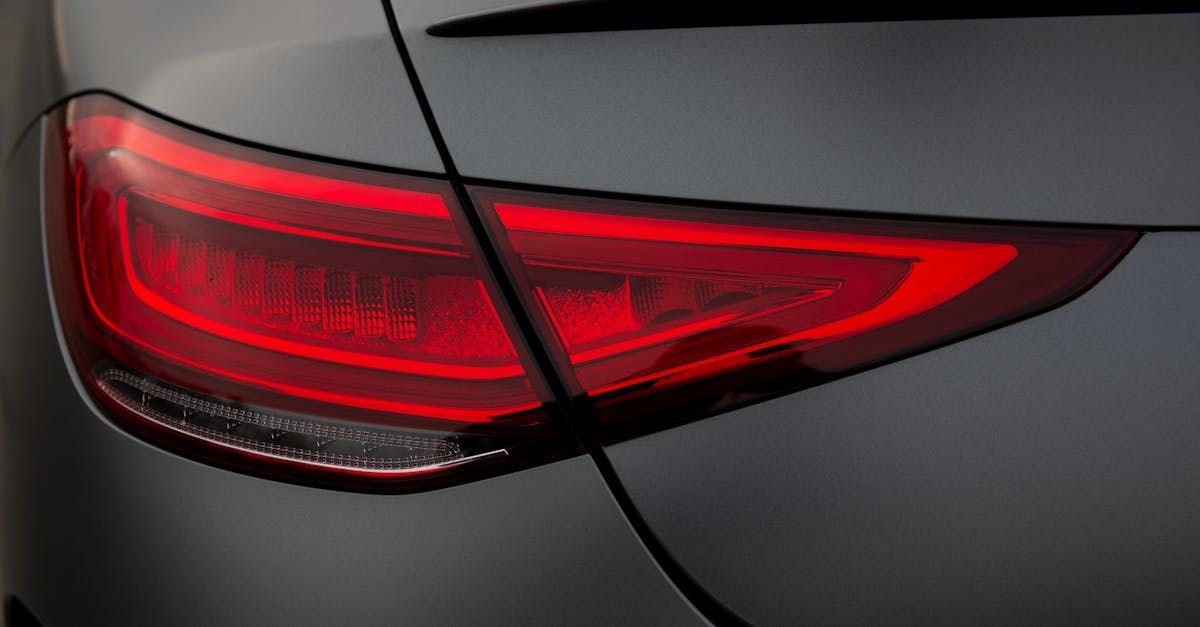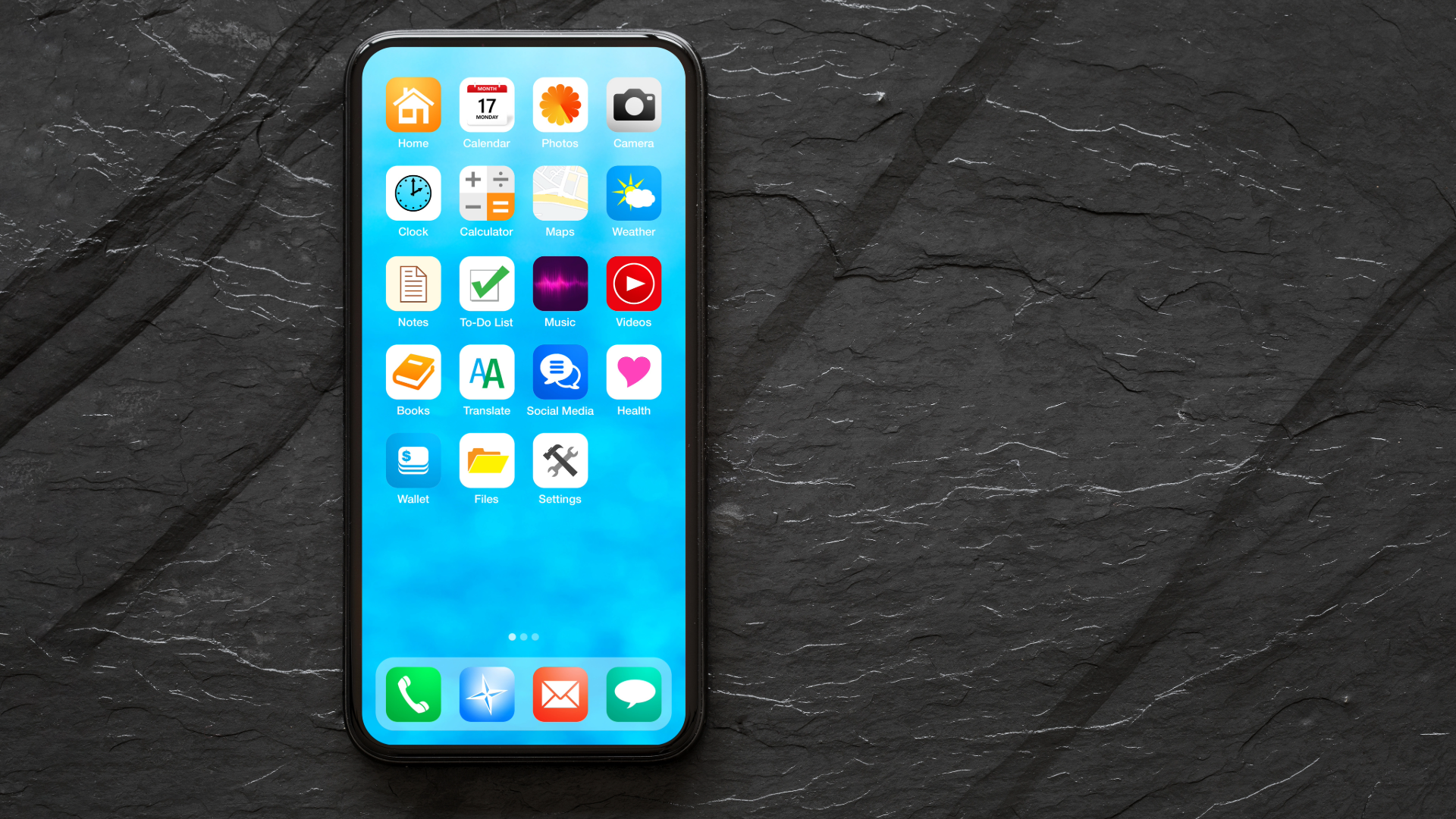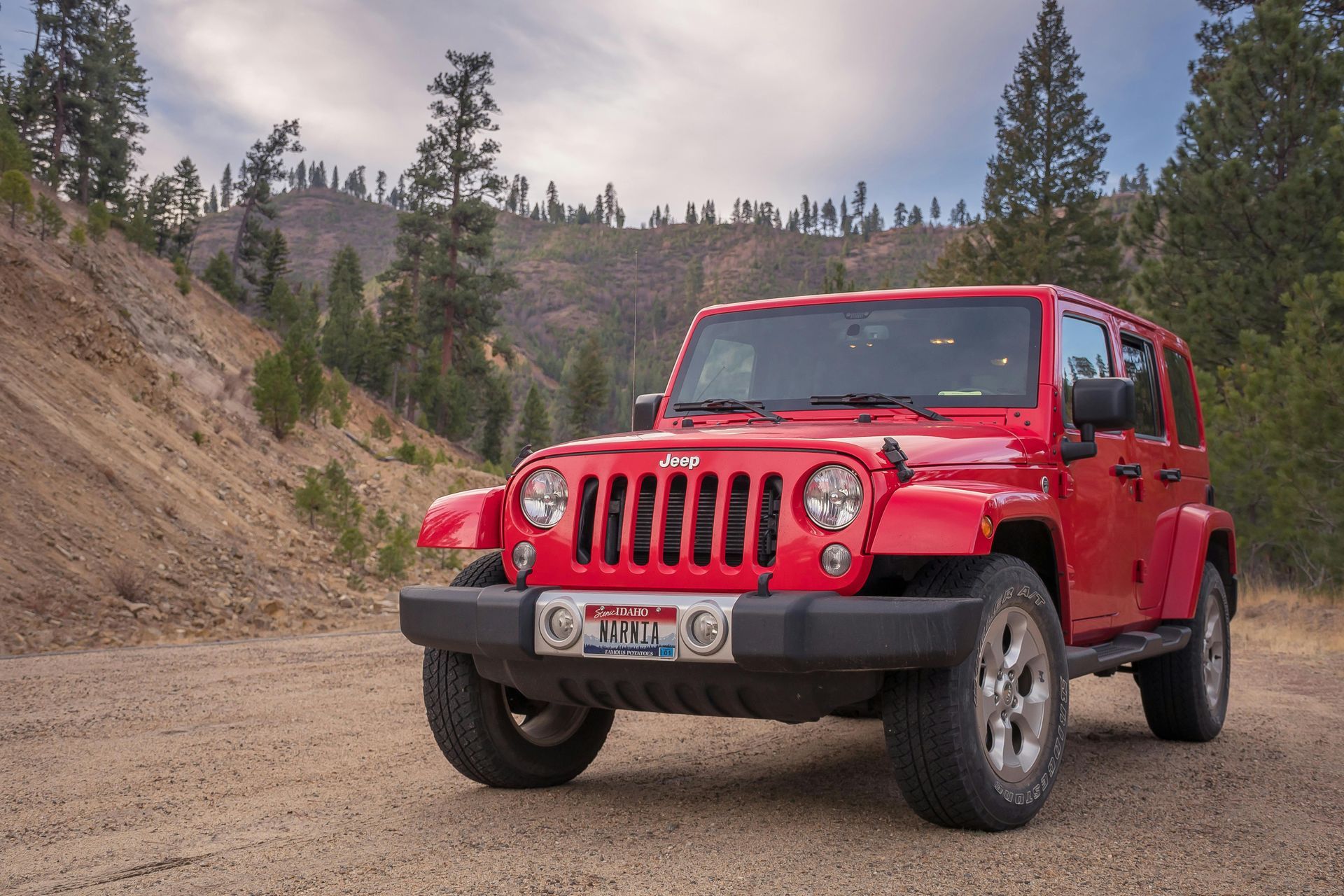Comprehensive Car Insurance
What is comprehensive car insurance coverage?

Understanding Comprehensive Auto Insurance: What It Is and Why You Need It
When it comes to auto insurance, many drivers are familiar with the basic concepts like liability and collision coverage. However, comprehensive auto insurance often remains a misunderstood aspect of a well-rounded insurance policy. Whether you’re a seasoned driver or new to the road, understanding what comprehensive insurance covers and why it might be essential for you can help you make more informed decisions.
What is Comprehensive Auto Insurance?
Comprehensive auto insurance is a type of coverage that protects your vehicle against damage that is not caused by a collision with another vehicle or object. Unlike liability insurance, which only covers damage or injury you cause to others, comprehensive coverage takes care of your own vehicle in situations beyond your control.
What Does Comprehensive Insurance Cover?
Comprehensive coverage is often referred to as "other than collision" coverage because it handles a wide range of incidents that can occur off the road. Here’s a breakdown of what it typically covers:
1. Theft: If your car is stolen, comprehensive insurance can help cover the cost of replacing it.
2. Vandalism: Acts of vandalism, such as someone keying your car or breaking your windows, are covered.
3. Natural Disasters: Damage from events like hurricanes, floods, tornadoes, and earthquakes is covered under comprehensive insurance.
4. Fire: If your car is damaged or destroyed by fire, comprehensive coverage steps in to cover the loss.
5. Falling Objects: This includes damage caused by things like tree branches, rocks, or debris that might fall on your car.
6. Animal Collisions: If you hit an animal, such as a deer, and your vehicle is damaged, comprehensive insurance will cover the repairs.
7. Glass Damage: Often, comprehensive coverage includes protection for broken or cracked windshields, which is one of the most common claims.
Why Do You Need Comprehensive Insurance?
While comprehensive insurance isn’t required by law like liability insurance, it offers valuable protection that can save you from significant financial loss. Here’s why you might want to consider it:
1. Protection Against Unpredictable Events: Life is unpredictable, and accidents happen when you least expect them. Comprehensive insurance ensures that you’re covered for a wide range of unforeseen circumstances that could otherwise leave you with hefty repair or replacement bills.
2. Peace of Mind: Knowing that your vehicle is protected against more than just collisions can provide peace of mind, especially if you live in an area prone to natural disasters or high crime rates.
3. Vehicle Financing Requirements: If you lease or finance your vehicle, your lender or leasing company might require you to carry comprehensive insurance as part of your contract.
4. Resale Value: Comprehensive coverage can help maintain your car’s resale value. If your car is damaged by a covered event, your insurance can pay for repairs that keep your vehicle in good condition.
How Much Does Comprehensive Insurance Cost?
The cost of comprehensive auto insurance varies based on several factors, including your vehicle's make and model, your location, driving history, and the deductible you choose. Typically, the higher your deductible, the lower your premium will be. However, choosing a higher deductible means you'll pay more out of pocket if you need to file a claim.
Is Comprehensive Insurance Right for You?
Deciding whether comprehensive insurance is necessary depends on your individual circumstances. If you have an older car that isn’t worth much, you might decide the extra cost isn’t justified. On the other hand, if you have a newer vehicle or live in an area where the risks of theft, vandalism, or natural disasters are high, comprehensive insurance could be a wise investment.
Conclusion
Comprehensive auto insurance provides essential coverage for a wide range of potential damages that aren’t related to collisions. While it’s an optional addition to your auto insurance policy, the protection it offers can be invaluable in safeguarding your vehicle against the unexpected. Whether you’re concerned about natural disasters, theft, or other non-collision incidents, comprehensive insurance offers peace of mind and financial security on the road.
When evaluating your auto insurance needs, consider the value of your vehicle, your location, and your personal risk tolerance.
Comprehensive insurance might just be the key to ensuring that you're fully protected, no matter what life throws your way.
Recent posts



